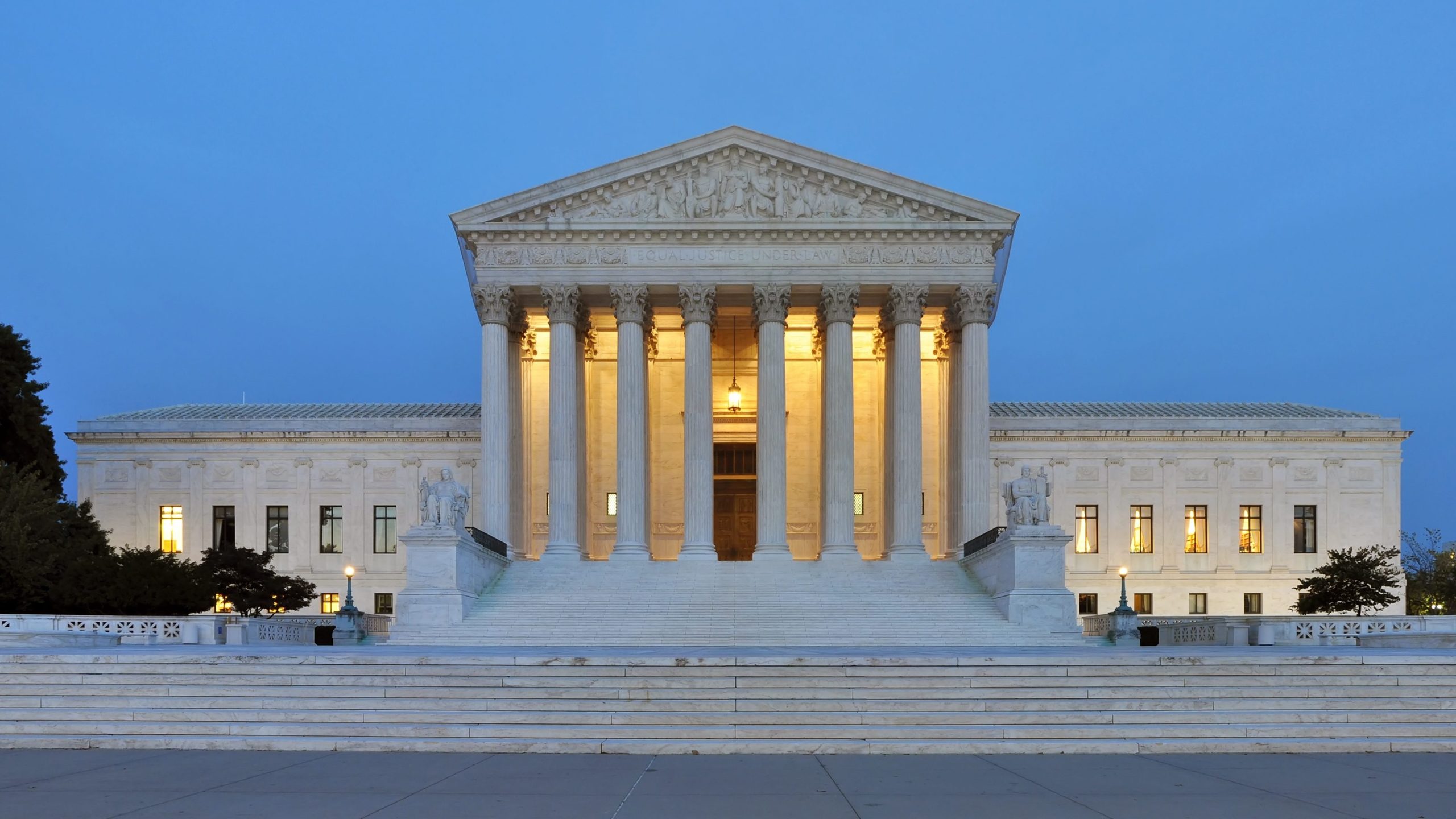The U.S Supreme Court on Wednesday mandated an overhaul of how America’s police departments and courts handle the seizure of assets from people convicted of a crime — stating plainly that 8th amendment protections against excessive fines also apply to states.
But don’t worry. Cops in Alabama are still free to take your stuff, crime or no crime.
We play by a different set of rules here, and those rules aren’t changing. That much was made clear by Barry Matson, the head of the Alabama District Attorneys Association.
Before the ink was dry on SCOTUS’ unanimous — that’s right, unanimous — decision, Matson had released a statement explaining that civil asset forfeitures in this state will continue on as normal.
“In Alabama, criminal sanctions are required to be proportional to the underlying criminal activity under the excessive fines clause of the Eighth Amendment and also the Alabama Constitution,” Matson said. “For almost 20 years, the state courts of Alabama have held this protection applies to forfeiture proceedings.”
As usual, the devil is in the details.
To explain, let me use the real case of Jamey Vibbert, a Dothan-area car dealer whose life was upended by Alabama’s civil asset forfeiture laws in 2015.
Vibbert was accused of laundering money for a drug dealer, because he sold the drug dealer two cars. The state contended that Vibbert received drug money for the financing of the cars, and it took more than $25,000 and the two cars.
The state’s case rested on the fact that Vibbert titled the cars after purchase to a third party — a practice that is not criminal and not uncommon. Many parents have purchased a car for their kids and placed the title in their kid’s name.
The judge found Vibbert innocent. But to get his money and/or cars back, Vibbert faced Alabama’s civil forfeiture proceedings, which require the accused to prove his innocence.
By the time he got his money back, more than half was gone to attorneys’ fees.
Vibbert, who never committed a crime and received an apology from the prosecutor for bringing the case, lost thousands of dollars, his business and his reputation.
Because there is nothing reasonable about Alabama’s forfeiture laws, and while it’s true that state laws require the forfeitures to be “proportional” to the underlying crime, your definition of “proportional” is unlikely to match the state’s, which seems to shift from case to case.
Take the Vibbert case. A man with no criminal record was set to lose more than $25,000 over a charge of title fraud.
Proportional … pffft.
And it doesn’t stop there. Because Alabama laws allow for cops to seize property and cash even if they merely suspect a crime has occurred.
Like the case of Trey Crozier, who was on his way to buy a truck in 2017 when police in Castleberry stopped him. They forced him out of his car and took nearly $1,500 from him, claiming it was “drug money.”
He was never charged with a crime — he didn’t even receive a traffic ticket for the stop — and was never able to get his money back.
And Crozier’s case is like most in Alabama — with less than $1,500 seized and shaky claims against the accused. Still, though, it takes months or years to get the cash or property returned, and in most cases it is never returned.
During the 2018 legislative session, lawmakers from both sides of the aisle came together to propose reforming this absurd practice. Two Republicans carried the reform bills, and both immediately had multiple sponsors from both parties.
It failed, of course.
Because money is involved. It’s estimated — only estimated because there’s no law requiring police departments to record and track confiscated property and cash — that Alabama law enforcement offices rake in around $5 million per year from the practice. That money props up their departments and adds cars and other toys.
Unfortunately, that money was too much for Alabama lawmakers to overcome. They buckled to the special interest.
Because unlike in the Supreme Court, in Alabama, the cost of doing the right thing can sometimes be too steep.



















































